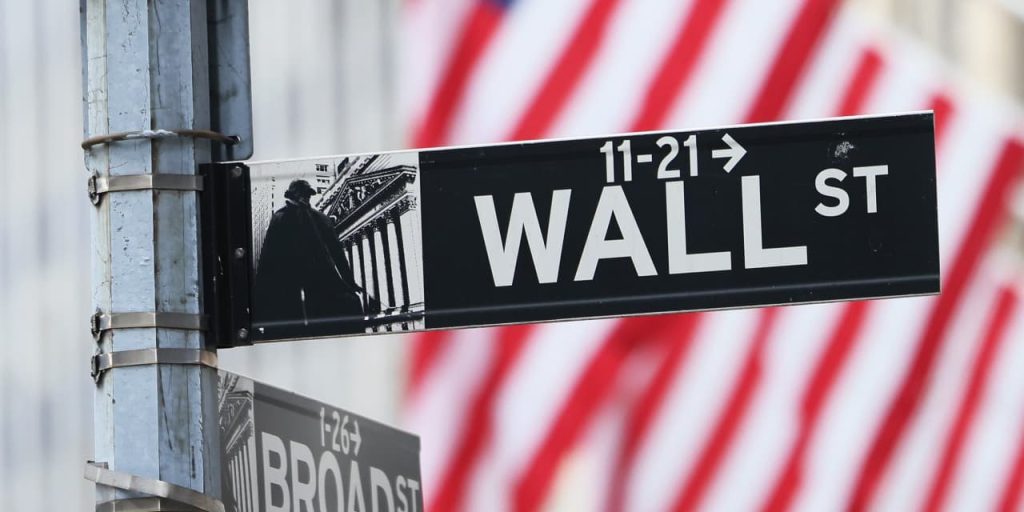The stock market has stumbled into the new year, but a closely watched measure of expected volatility remains subdued — cheering up investors looking for renewed equity gains but worrying those who fear market participants are complacent.
The Cboe Volatility Index
VIX,
widely known by its ticker symbol VIX, pulled back by nearly 0.7 points Friday, to 13.44, as equities gyrated between gains and losses following a stronger-than-expected December jobs report and a raft of other economic data. The options-derived VIX is a measure of expected S&P 500
SPX
volatility over the coming 30 days.
The VIX is up on the week, after ending 2023 at 12.45, but it remains below its December high of 14.49 and well below its long-term average near 20. Still, its creep higher since Dec. 27 has contributed to pressure on equities, said Tom Lee, head of research at Fundstrat, in a Friday afternoon note.
Stocks ended 2023 with a surge that saw the Dow Jones Industrial Average
DJIA
notch several record finishes, while the S&P 500 posted a yearly rise of more than 24% and came within less than 0.5% of its record close from Jan. 3, 2022. Stocks were on track for weekly declines Friday, which would snap a stretch of nine straight weekly advances — the longest-such stretch for the S&P 500 since 2004.
Investors on Friday were wrestling with expectations for rate cuts by the Federal Reserve in 2024 following the positive December jobs report.
MarketWatch Live: Stocks gyrate after stronger-than-expected payrolls report
Meanwhile, a break above the December high for the VIX “would suggest more volatility looming ahead. Conversely, a reversal back towards the current 2024 low of 13.10 would suggest volatility is easing and stocks would be in an improving position to stabilize in the weeks ahead and potentially resume the late-2023 rally,” said Tom Essaye, founder of Sevens Report Research, in a Friday note.
Aside from this week’s market weakness, which came after a frothy finish to 2023, concerns remain that investors have factored in a so-called soft landing for the economy alongside a smooth trajectory lower for interest rates.
The recent easing of financial conditions, associated with hopes for monetary easing, have been enough to help lift economic data and potentially negate the need to deliver rate cuts on the timeline that markets are hoping for, said Mark Dowding, chief investment officer at RBC BlueBay Asset Management, in a note.
With a soft landing fully priced into some assets, there is a risk that market participants will be disappointed if data do not conform to the narrative, Dowding wrote.
“We can see bumps in the road ahead and arguably a VIX below 14 does not really price for this,” he said. “Being overconfident for now may end up looking as wise as trusting the recent Tik-Tok trend of eating 12 grapes on the stroke of midnight to guarantee success in the year ahead. Experience suggests that after a party, there is normally a bit of a hangover to follow.”
Read the full article here



